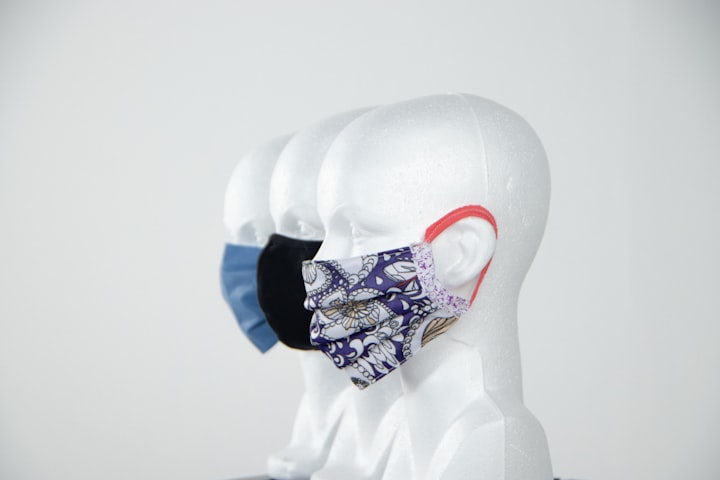
Introduction:
Superheroes have captured our imaginations for decades, serving as symbols of hope, justice, and resilience. These iconic characters, originating from the pages of comic books, have evolved and transcended their fictional origins to become cultural icons with a profound impact on society. In this article, we will explore the evolution of superheroes, examine real-life examples of their influence, and highlight how they continue to inspire and empower individuals around the world.
Pioneers of Virtue and Morality:
At their core, superheroes embody virtuous ideals and moral codes. They serve as beacons of justice, standing up against injustice and fighting for what is right. From the early days of Superman and Batman to the modern iterations of Captain America and Wonder Woman, these characters have showcased unwavering integrity and a commitment to protecting the innocent.
Real-Life Example: Christopher Reeve's portrayal of Superman in the 1978 film helped solidify the character's status as an icon of truth, justice, and the American way. Reeve's embodiment of Superman's moral compass inspired countless individuals, and even after his tragic accident, he continued to serve as a symbol of strength and resilience.
Representation and Diversity:
Superheroes have evolved to reflect the changing times and diverse perspectives of their audiences. In recent years, there has been a significant push for greater representation, with characters from different backgrounds, cultures, and identities taking the spotlight. This shift has allowed individuals from underrepresented groups to see themselves as powerful and heroic figures.
Real-Life Example: Marvel's "Black Panther" film, directed by Ryan Coogler, broke barriers by featuring a predominantly Black cast and celebrating African culture. The movie became a global phenomenon, resonating with audiences and showcasing the importance of diverse representation in mainstream media. "Black Panther" not only inspired a new generation of fans but also challenged industry norms and opened doors for more inclusive storytelling.
Humanizing Complexities and Flaws:
While superheroes possess extraordinary abilities, they also grapple with complex emotions and personal struggles. This humanization of characters has made them more relatable and grounded, allowing audiences to connect with their vulnerabilities and flaws. Superheroes are no longer untouchable idols but rather multidimensional individuals navigating their own journeys.
Real-Life Example: The character of Tony Stark, portrayed by Robert Downey Jr. in the Marvel Cinematic Universe, exemplifies the humanization of superheroes. Stark's struggles with addiction, ego, and personal growth throughout the "Iron Man" trilogy and beyond resonated with audiences on a deeper level. His journey showcased the capacity for growth and redemption, inspiring individuals to confront their own challenges and strive for personal development.
Empowering Social Commentary:
Superheroes have also become vehicles for social commentary, addressing real-world issues and sparking conversations on important topics. By tackling social, political, and environmental challenges, these characters provide a platform to inspire change and advocate for a better world.
Real-Life Example: The X-Men franchise, created by Stan Lee and Jack Kirby, serves as a powerful allegory for marginalized communities. The mutants' struggle for acceptance and equality mirrors real-world discrimination and prejudice. The X-Men comics and films have fostered empathy and understanding, encouraging individuals to stand up against discrimination and champion inclusivity.
Inspiring Acts of Heroism:
Superheroes have the ability to inspire acts of heroism beyond the realm of fiction. Their courageous actions and selflessness motivate individuals to make a positive impact in their communities and in the lives of others.
Real-Life Example: Lenny B. Robinson, also known as the "Route 29 Batman," donned a Batman costume and visited children's hospitals, spreading joy and hope to young patients. His dedication to uplifting others embodied the spirit of superheroism in real life, inspiring countless people with his acts of kindness and compassion.
Conclusion:
The evolution of superheroes reflects the changing societal landscape and the profound impact they have on individuals. From representing moral values and promoting diversity to humanizing complexities and inspiring acts of heroism, superheroes transcend their fictional origins to become symbols of empowerment and inspiration. As we continue to celebrate their legacy, let us be inspired by their courage, resilience, and unwavering commitment to making the world a better place.





Comments
There are no comments for this story
Be the first to respond and start the conversation.